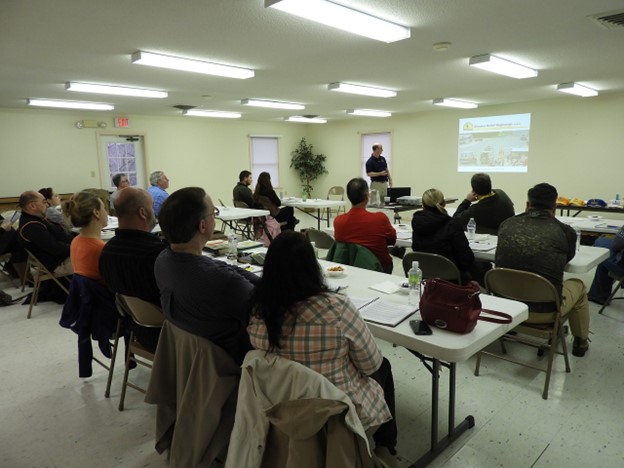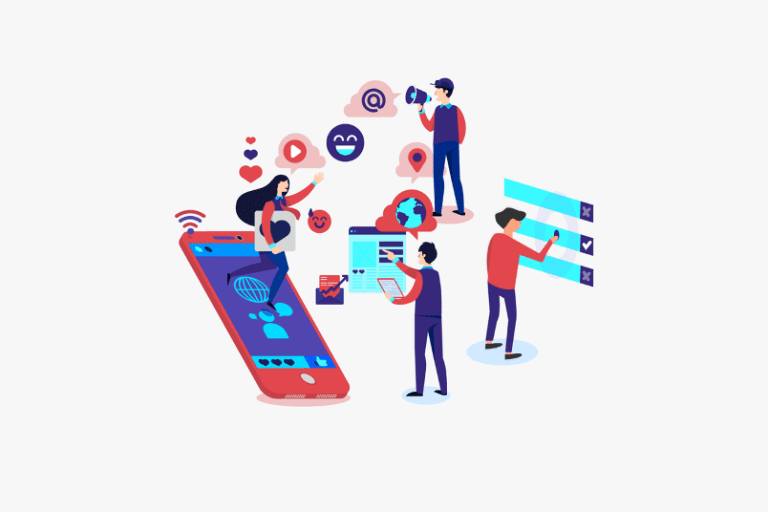In an increasingly competitive recruitment landscape, collaboration between Human Resources (HR) and staffing agencies is paramount.
The synergy they create can define how successful an organization is in finding the right talent.
This article dives into various strategies that foster efficient talent acquisition, focusing on the cooperation between these two entities.
Let’s explore how HR and staffing can build a successful partnership.
The Importance of HR and Staffing Synergy
In an era where the job market is evolving rapidly, collaboration between HR and staffing agencies is more critical than ever.
This partnership facilitates finding the right talent and fills positions quickly.
In a job market that includes a wide array of roles, from tech-savvy positions to more specialized ones like bartending, cooperation helps overcome recruitment challenges.
The synergy not only fosters understanding but also leverages each party’s unique strengths for optimal results.
The synergy between HR and staffing agencies is not just a trendy buzzword but a vital business strategy.
Through a well-coordinated effort, they can navigate the complex landscape of talent acquisition, ensuring that the organization’s culture and vision are matched with the right candidates.
Consider the example of hiring for a unique role that requires specific training, such as knowing how to get a bartending license. This collaboration ensures that such specialized needs are met with precision.
By joining forces, HR and staffing agencies build a robust recruitment network that leverages each other’s expertise, resources, and insights, leading to more efficient and targeted hiring.
The emphasis on this collaboration reflects a modern, sophisticated approach to recruitment that resonates with the current market demands.
It’s a partnership that promises growth, innovation, and success in the ever-evolving world of work.
How HR and Staffing Agencies Collaborate
Shared Goals and Vision: A shared vision and common goals align HR and staffing agencies, helping them streamline the recruitment process. For example, a company using First Class workforce solutions aims to hire top-notch engineers.
By defining clear expectations and aligning goals, the staffing agency knows precisely what to look for, ensuring a smoother hiring process.
Utilizing Technology: Leverage technology, such as invoice scanning AI, helps in processing large amounts of data related to potential candidates.
This automation ensures a more efficient screening process, leaving HR professionals with more time to focus on other vital aspects of recruitment.
Communication Strategies: Effective communication between HR and staffing agencies is vital.
A constant and open line of dialogue ensures that both parties are on the same page, aligning strategies, sharing feedback, and refining the approach to find the best talent.
Strategies for Efficient Talent Acquisition
Understanding the Talent Pool: Knowing the talent pool allows HR and staffing agencies to find the right fit for specific roles.
Whether it’s hiring a software developer or someone who knows how to get a bartending license, understanding candidates’ skills and aspirations ensures successful recruitment.
Building a Strong Employer Brand: Together, HR and staffing agencies can create an appealing employer brand.
If potential employees see a company as an exciting and ethical place to work, they’ll be more inclined to apply.
Effective Onboarding Process: Smooth onboarding not only retains talent but sets the stage for a productive work environment.
A well-planned onboarding process by both HR and staffing agencies can result in happier, more engaged employees.
Case Studies
Successful Collaborations: Consider a renowned hotel chain that collaborated with a staffing agency. By fully understanding the hotel’s culture and values, the agency could hire staff ranging from managers to individuals with bartending licenses.
This collaboration resulted in an enriched guest experience and improved hotel reputation.
Lessons Learned: These real-world examples provide invaluable insights.
The collaboration’s success boils down to clear communication, understanding the job market, and utilizing technologies like invoice scanning AI.
Challenges and Solutions
Potential Pitfalls: Miscommunication and misalignment between HR and staffing agencies can lead to recruitment failures.
Setting clear expectations and regular check-ins can mitigate these risks.
Mitigating Strategies: Solutions like First Class workforce solutions provide a comprehensive approach to these challenges.
By fostering open communication and using tools to streamline the process, these pitfalls can be avoided.
Adapting to Market Changes: The fluctuating job market is another challenge that HR and staffing agencies must grapple with.
Being agile and adaptive to market trends ensures that recruitment strategies stay relevant and effective.
Creating Tailored Strategies: Solutions that are personalized for each client can make a significant difference.
By understanding the unique needs of each organization, staffing agencies can work closely with HR to create customized strategies that align with the company’s goals and values.
This tailored approach helps in avoiding generic pitfalls and leads to more successful talent acquisition, cementing the collaboration between HR and staffing agencies as a vital aspect of modern recruitment.
Conclusion
The synergy between HR and staffing agencies is vital in the current recruitment landscape.
By understanding and embracing this collaboration, organizations can significantly enhance their talent acquisition strategies.
From utilizing modern technology like invoice scanning AI to hiring specialized roles like those who know how to get a bartending license, the collaboration between HR and staffing can truly redefine success in recruitment. Whether you’re an HR professional or part of a staffing agency, the strategies outlined here can serve as a robust guide to strengthen your recruitment process.
Main Pic: Source
HR Future Staff Writer


























